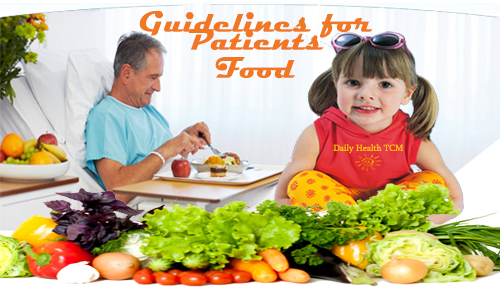Get a doctor’s permission
Before people want to bring any souvenirs, they must get confirmation views and clinicians involved the patients care. This is because in order to make sure that the souvenirs that bring it (whether food or goods) will not affect the patient’s condition became worse. For example, the patient may be allergic to some particular type of food, pollen allergies, infections acquired from outside and also things that can affect mental and physical health of the patient’s ongoing care. Any advice and prohibition a physician is based on knowledge and experience of health patients. As a simple example, if a doctor forbade us to carry mineral water from home, this may be easy or patients already affected by water pollution in the home and residence.
Patients Who are Fasting
Some patients who have been admitted will probably undergo a fasting phase or nil by mouth (NBM). NBM is not a process that operate as an individual fasting in Ramadan. The term refers to the NBM more restrictions on food or drink by mouth (orally), nose (nasal) and channels in the stomach (gastro). It aims to:
- Empty the stomach
- Avoid aspiration (entry of food or drink into the lungs)
- Relaxing activities gastrointestinal
- Avoid contraindications and complications of treatment
- Pre-surgery and post-surgery
In the case of the NBM, the patient is absolutely forbidden to take any food and drink, even in small quantities, except with the permission of a doctor, nurse or dietician. Various complications can happen to patients if NBM phase is ignored. Unfortunately, there are some specialist out there that give patients food and drink for contraband as compassion. But they do not know that if the food into the lungs of the patient, the effect is severe and patients likely require intubation (breathing tube entry) and a mechanical breathing machine. Do not worry, NBM only done by a certain time period only. After the completion of this phase of the NBM, the patient will be allowed to eat and drink according to the patient’s condition.
Nutrition Limits
There are also some cases that require patients to be given food and drink at a limited rate. Usually it is held as restriction of fluid (ROF) and is often done to patients who have heart and breathing problems and obese patient. This is to control weight, fluid content in the body so it does not affect the normal function of the body systems. Each production and consumption of the liquid by the patient will be written and record in detail. For example. patients with heart failure should be restricted fluid intake in order to reduce the burden of the heart pump blood through body.
The hospital will only encourage practices that have been identified for the medical properties of the patient’s health. For example, the practice of taking a drink 100 Plus and papaya leaves juice is a diet that is recommended for dengue patients. This is because drink 100 Plus was able to increase the levels of electrolytes in the blood, and the juice of papaya leaves has been studied to increase the number of platelets in the blood. It is not a 100% guarantee, but it is helpful in increasing the effectiveness of treatment.
Similarly, the case of high-protein foods such as eggs for patients suffering from wounds (surgery or trauma). Scientifically, protein helps in wound healing and cell formation was hurt. However, there are some people who argue that foods such as eggs will cause irritation to the wound. So, anything recommended by health experts is to recommend high-protein foods such as meat and fish meat.

